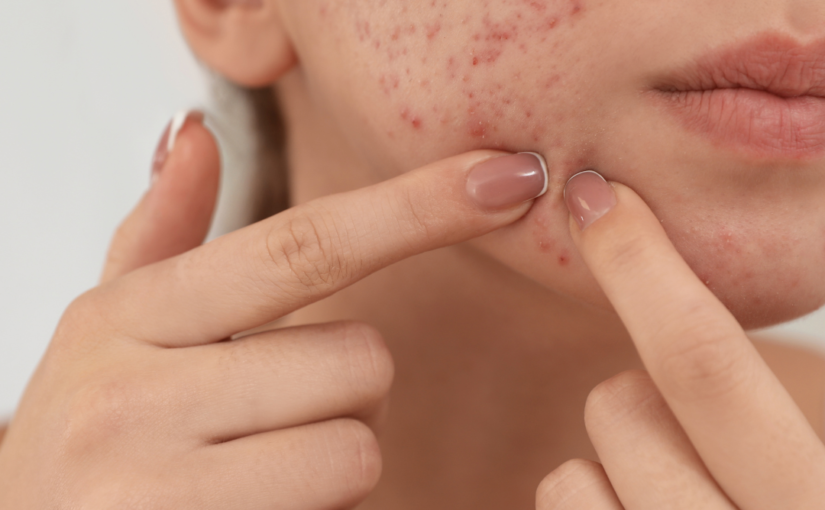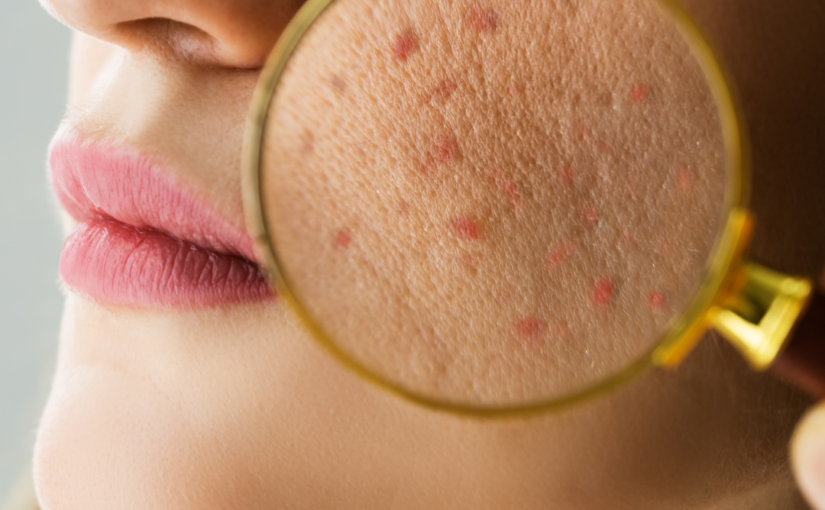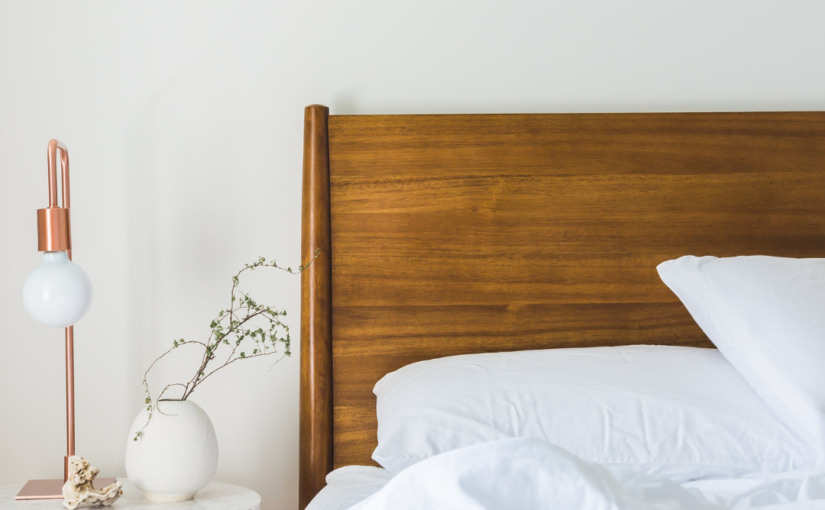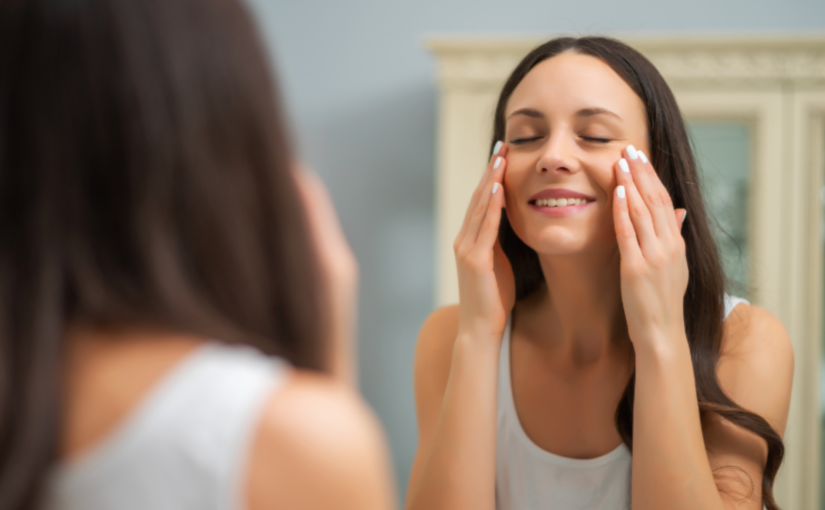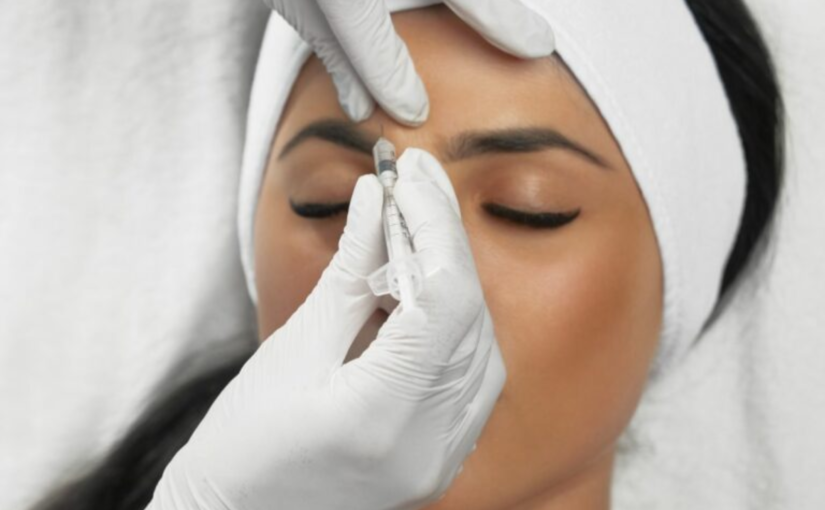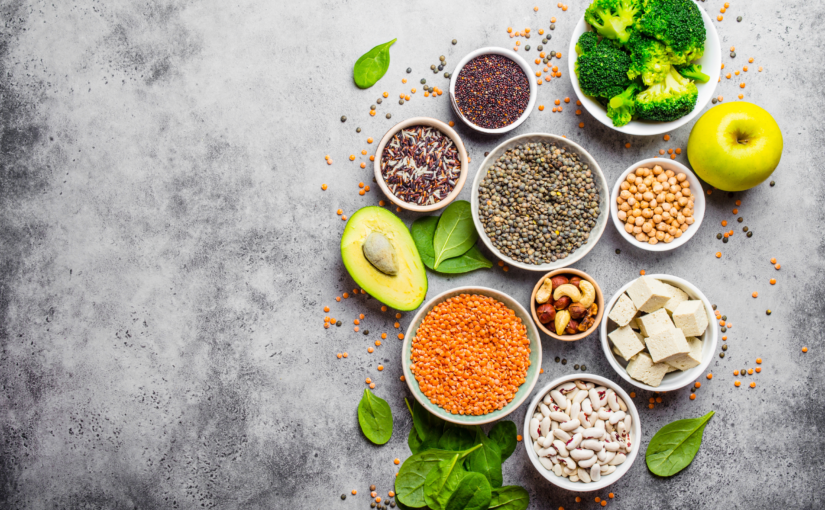The obsession with skincare amongst teens definitely signifies a shift where self-care and appearance are being valued higher than ever before. Social media platforms have a lot to play in this with influencers constantly promoting skincare making it seem more and more accessible.
There is both a positive and negative impact of this trend, the increased awareness about skincare is great, as getting into good habits early will really future-proof the skin. However, there seems to be a pressure to have the ‘perfect’ skin, and thus teen are adopting complex skincare regimes with a view to achieve the unachievable, and very often damaging their skin in the process.
What a Teens skincare routine should look like
A teens skincare routine should be simple yet effective, there are many teenagers now being led by social media and introducing multiple unnecessary products into their regime.
The focus should be skin health maintenance, and preventing issues like acne without overloading or striping the skin.
Generally a teens skincare regime should consist of a gentle cleanser, moisturiser and sunscreen. All formulated for their specific skin type and condition. If they are dealing with a skin condition such as acne then a specific treatment product may be introduced, but always get advice. It’s when the teens start guessing or following TikTok trends that things can get messy.
A skincare routine should be followed both morning and night, to both remove any impurities, pollution, and makeup from the day, and to remove sweat and waste products that are secreted from the skin at night.
Managing Oily or Acne-prone skin
Oily and acne skins need to firstly ascertain their skin type, acne can affect dry skins also, so using products that are designed for an acne skin can very often dry the skin out, exacerbating the condition.
If the skin is oily then look for a gentle salicylic cleanser that can be alternated with a normal cleanser so not to over treat the skin. Non-comedogenic products will help reduce the potential of breakouts from a certain product. Clay masks are also great for absorbing excess oil and purifying the skin.
What Products Should Teenagers Avoid
Products teenagers should avoid are the high-concentration retinoids, especially the prescription strength as these can be far too harsh for their skins. Physical exfoliants are also a no-no, these are very often used too aggressively and can really damage the skin causing micro-tears in the epidermis. A mild chemical exfoliant, like lactic acid and salicylic are better.
Alcohol based toners, can give that squeaky clean feel to the skin I know many teens are looking for, however this is just an indication that the skin has been stripped of its natural oils, and this can lead to further breakouts.
Must-Have School Skincare Staples
Some school staples in terms of skincare are, a good compact SPF to reapply throughout those bright sunny days, even in winter. Blotting papers are great for absorbing excess oils and taking the shine away, as well as a spot treatment that can be applied to any blemishes whilst at school. If a teen is dealing with dry skin, then a moisturising or hydrating mist to give a little relief through the day is also beneficial.
What Should Parents do if Their Teen Has Severe Acne
For any parents dealing with a teenager with severe acne it’s imperative to seek professional advice. Severe acne not only a medical condition, but can very often be treated differently on different people. In many cases it’s a case of management rather than clearing it up altogether.
Taking a proactive but supportive approach to help their teen manage the condition, can improve both their skin and emotional well-being.
Here at re/skin we see many Teens, we focus on educating them on why their skin is behaving this way, put them on a simple but effective skincare regime and if necessary see them regularly for treatments to further manage their skin.
If you have or are a Teen looking for help with your skin, our Teen facials are for you. Your first treatment will last around 1.5 hour and you will receive a full size cleanser to take away with you to get you on the road to healthier skin. You can book your appointment here or drop us an email with any questions you may have, we are dedicated to ‘changing lives one skin at a time’ and would love to help you with yours!

